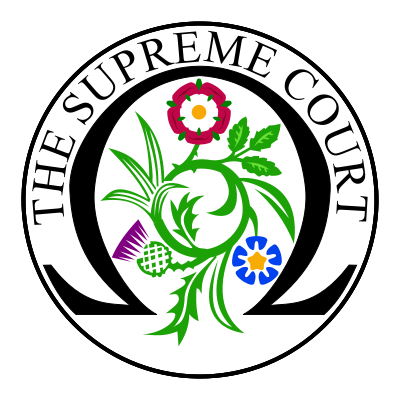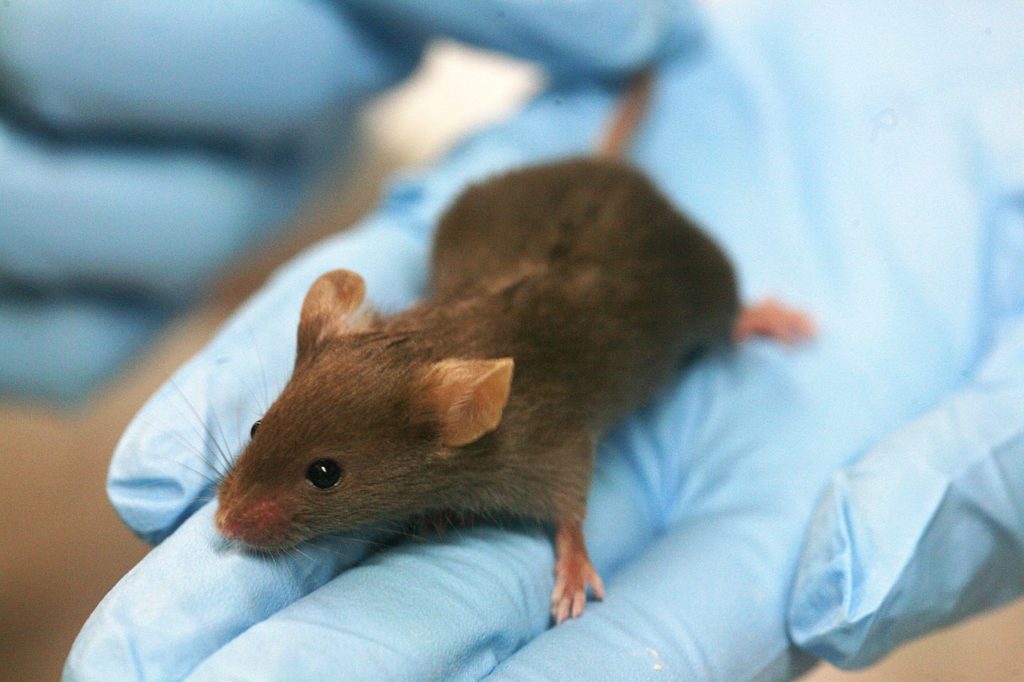Earlier today the Supreme Court handed down judgment in the joined appeals known to most of us as Unwired Planet v Huawei. The unanimous judgment of the Supreme Court, handed down over video by Lord Hodge, commended Justice Birss for an impressive first instance decision, and upheld the court of appeal on every issue.
On 27 August 2020 at 4pm myself, Ben Longstaff and Nick Zweck will be hosting a webinar to give a first response to the Unwired Planet judgment. The plan is to consider which FRAND issues the Supreme Court’s decision has resolved, look at what remains to be decided, and address the consequences of the decision for UK intellectual property practitioners.… Read more...




